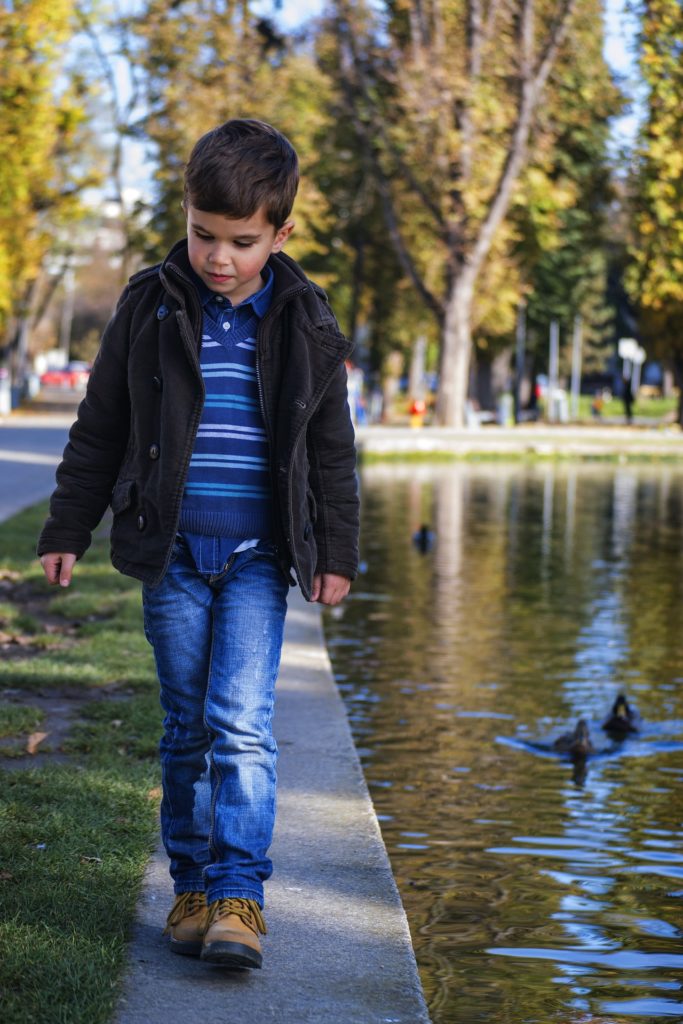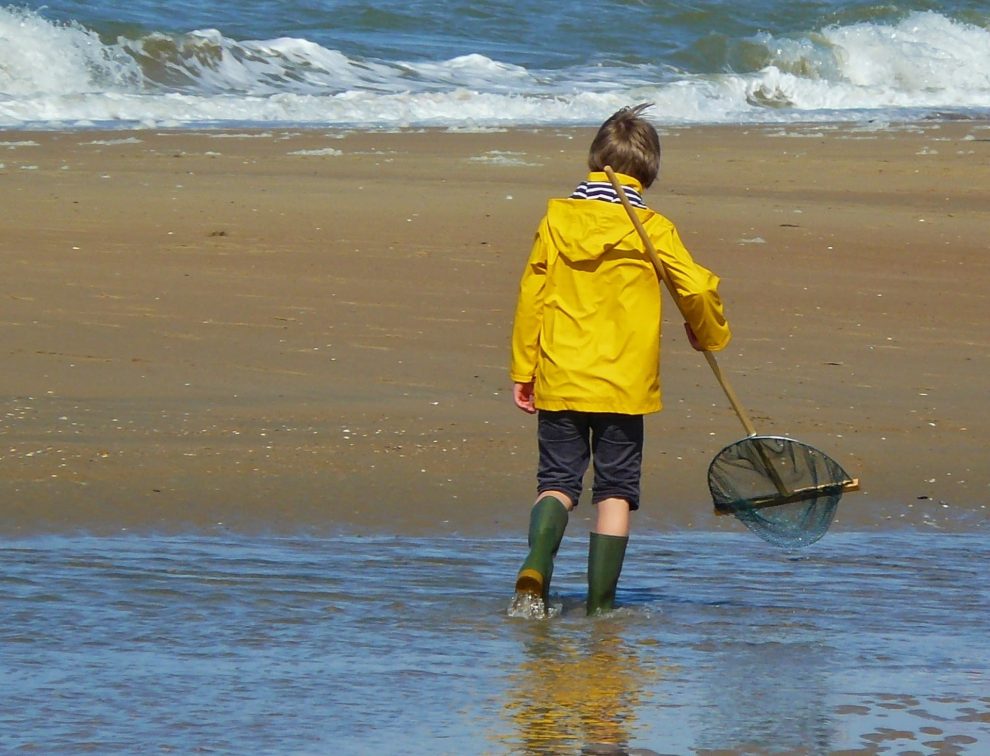Natural consequences are something that occurs due to your child’s decision. This consequence is called natural because it’s something that doesn’t involve anyone else to enforce. One of the simplest examples of a natural consequence is that if your child refuses to wear a coat in cold temperatures, they will then feel cold when they’re outside.

If you’re thinking about using natural consequences as a discipline strategy then you’ll want to continue reading. Today we’re sharing some tips to help you use this form of logical discipline to help your child learn through experience what they should or should not do.
What Will Natural Consequences Teach?
Some parents can be overprotective and overbearing with rules to the point that their child never comprehends the why behind a rule or consequence. Natural consequences help your child learn that life has consequences without a parent being a part of the equation.
These natural consequences will help your child embrace the realities of the world and start thinking about the potential downfalls of their choices. For instance, if a child doesn’t want to wear a coat but their parent forces them to wear the coat, this child will be angry at their parent for enforcing this rule and never comprehend the natural consequences of not wearing a coat.
We use this simple reference of choosing to wear a coat in the cold weather or not as it’s one of the easiest ways to start using natural consequences as a discipline strategy. When you allow your child to make a decision to wear a coat or not, they’ll soon associate their feeling cold with their decision to not wear a coat and thus they’ve learned more about the potential consequences of their actions.

When to Use Natural Consequences
The key to making sure this discipline strategy works is to start implementing this strategy at the right age. Your toddler may not be developed enough to put one plus one together. They may not realize that they’re feeling cold because they chose not to wear the jacket; rather they’d still blame the parents for their feeling cold.
The best age to start implementing this discipline strategy is when your child can comprehend the cause and effect concept. They must be old enough to realize that they’re cold, so they should wear a jacket. They must be old enough to understand that they’re tired today because they stayed up too late the night before.
Natural consequences will only work as a discipline strategy when your child’s brain is developed to the point of learning “if this, then that” concepts. This typically occurs between the age of 6 and 12. You’ll know best if your child has developed enough comprehension to put together the cause and effect scenarios that a child must learn during the natural consequences disciplinary process.

In conclusion, using natural consequences is an easier way to help your child think on their own and develop strong personal responsibility skills. Your child will soon realize that they can make choices that have positive or negative impacts on their life, feelings, and environment. Using this discipline strategy will help your child grow to be more confident and self-aware.







Add Comment